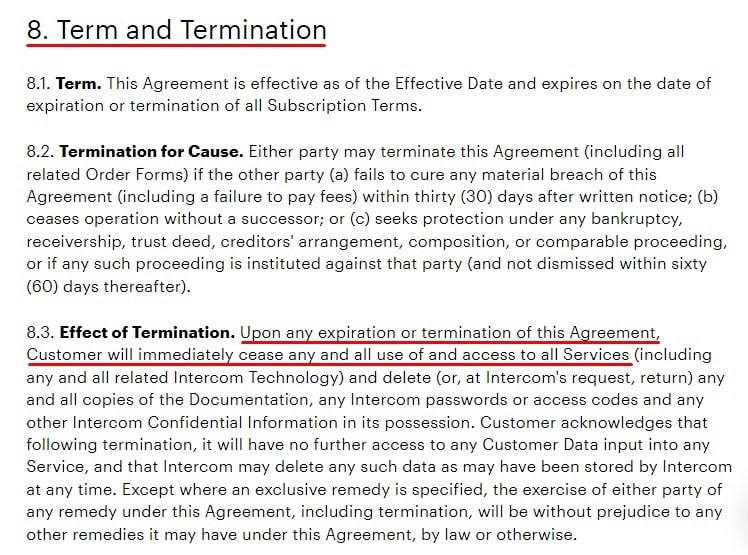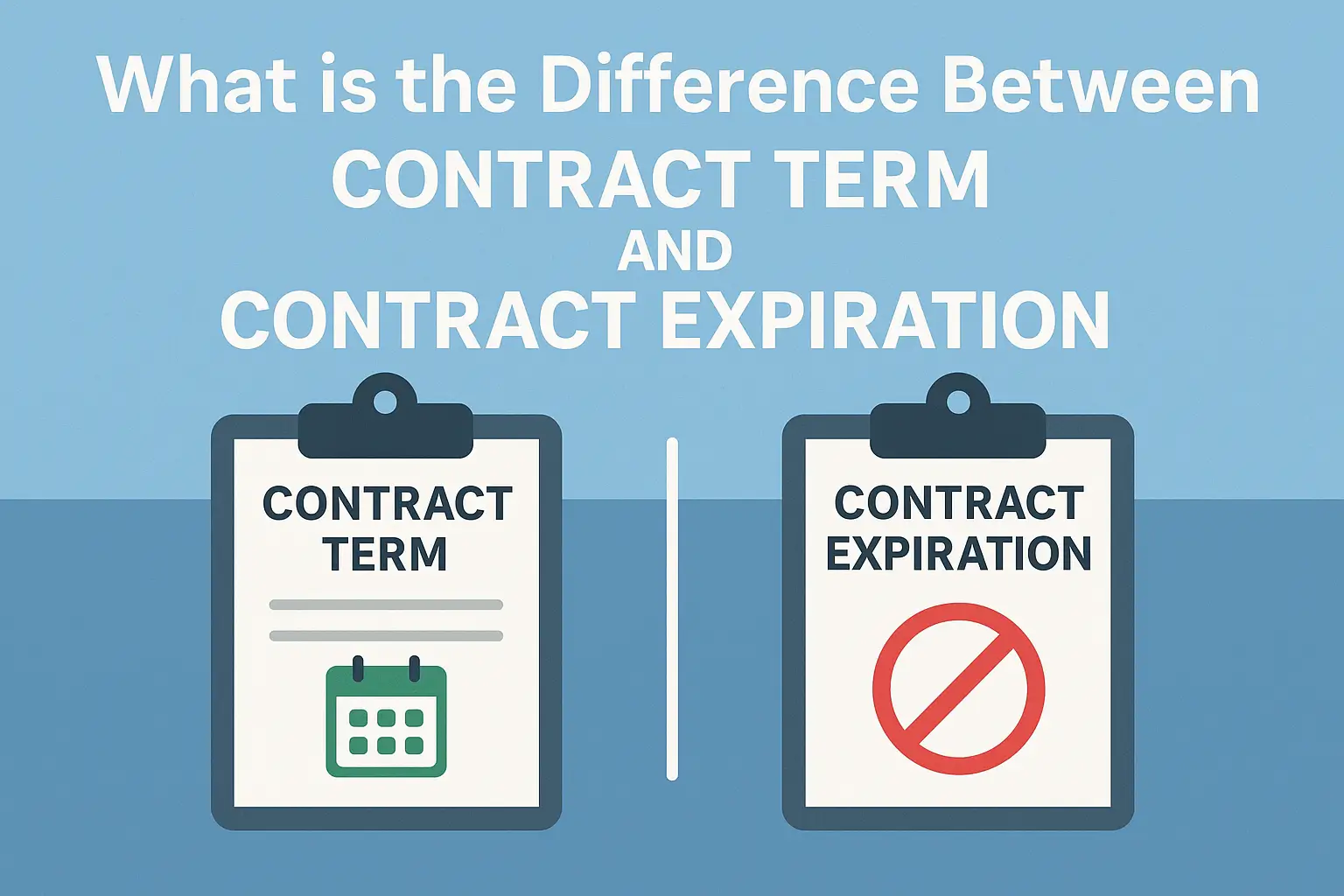Contracts are important in business. They help people make deals. But contracts have many parts. Two key parts are contract term and contract expiration.
Understanding Contract Term
The contract term is how long the contract lasts. It is the time the agreement is active. For example, a contract can last for six months. Or it can last for one year.
During the contract term, both parties must follow the rules. They must do what the contract says. If they do not, there can be problems.
Why Contract Term Matters
Contract term is important. It tells people how long they have to do their tasks. It helps them plan their work.
For example, if a company hires a worker for one year, both know the time frame. The worker knows how long they will work. The company knows when to find a new worker.
Understanding Contract Expiration
Contract expiration is the end of the contract. It is when the agreement stops. After expiration, the contract is no longer active.
When a contract expires, parties must review the situation. They decide if they want to renew the contract or let it end.
Why Contract Expiration Matters
Contract expiration is crucial. It signals the end of obligations. Parties must decide what to do next.
They can choose to renew the contract. Or they can start a new agreement. Sometimes, they choose to end the relationship.
Comparing Contract Term and Contract Expiration
| Contract Term | Contract Expiration |
|---|---|
| The duration of the contract. | The end point of the contract. |
| Active period of the agreement. | Signifies agreement completion. |
| Sets timeframe for tasks. | Triggers renewal decisions. |
Examples to Illustrate
Imagine a rental agreement. The contract term is one year. During this year, the renter lives in the house.
After one year, the contract expires. The renter must decide. They can renew the contract. Or they can move to a new house.
Consider a phone service contract. The term is two years. During this time, the user pays monthly bills.
After two years, the contract expires. The user reviews offers. They can renew the service. Or they can change providers.

Handling Contract Expiration
When a contract expires, parties must act. Here are steps they can take:
- Review the contract terms.
- Discuss renewal options.
- Negotiate new terms if needed.
- Decide to end or continue the relationship.
Renewing Contracts
Renewing a contract means starting again. It keeps the relationship going. Many contracts have renewal clauses.
Renewal clauses state how to renew. They tell parties what steps to follow. Sometimes, renewal is automatic. Other times, parties must agree.

